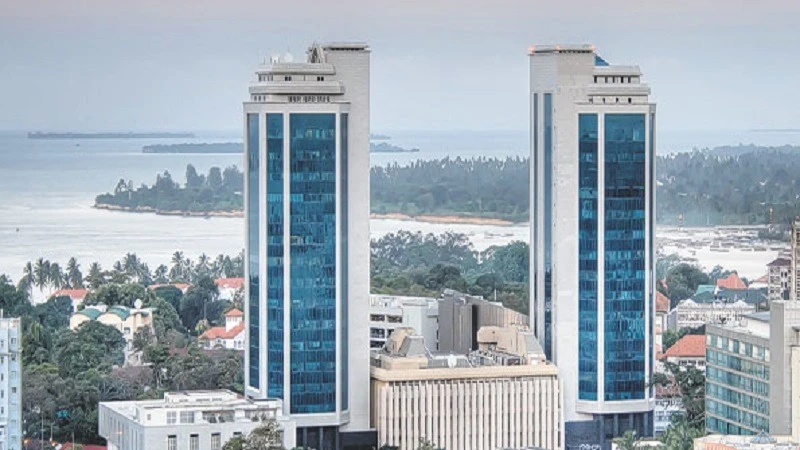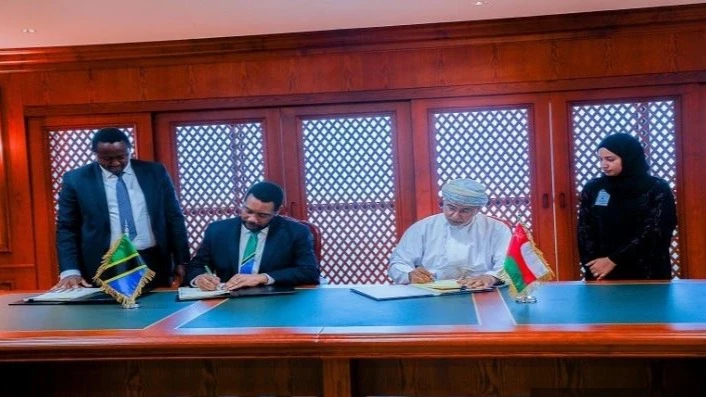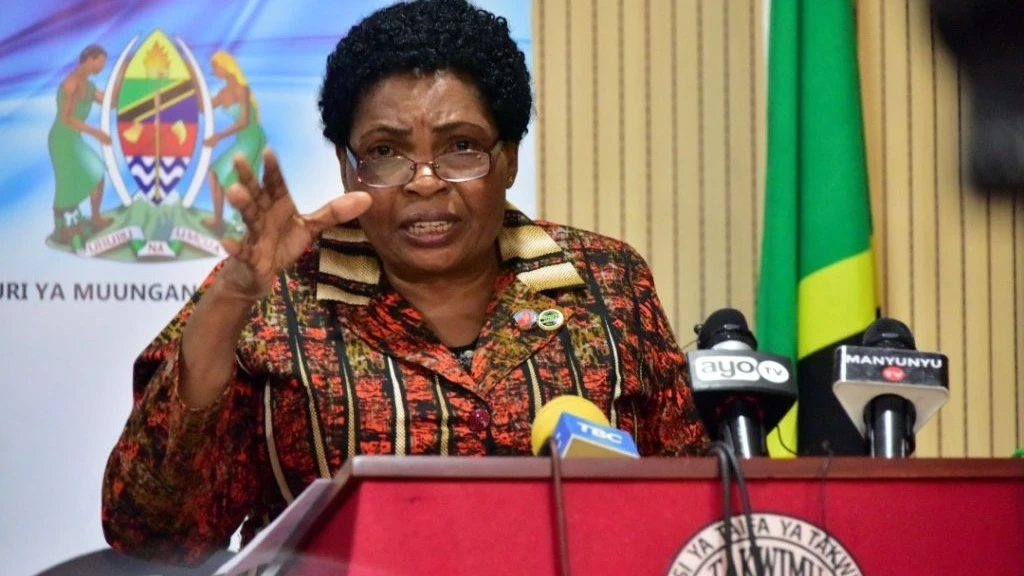Blue economy working group can seize opportunities for ‘big results’

POLICY initiatives formulated periodically can have profound impact on the way the national economy is guided, at times drastically reordering implementation of development plans – or budgeting.
This isn’t always a major shift from what there was previously but each incoming government has well-meaning ideas and plans, with Zanzibar having led the way to a ‘blue economy’ philosophy. It gives a different light to what can be done at the economic level in starting with water bodies.
After the idea made waves in the Isles, where methods taken up to implement the strategy are largely consonant with uplift efforts for small fishers as an experimental strategy of the relative mechanisation of the fishing industry, the Union authorities are seemingly warming up to the concept.
The Tanzania National Business Council (TNBC) has accordingly launched a new blue economy working group, saying it will examine how to unlock economic opportunities towards driving sustainable socio-economic growth.
Alternatively, it is possible to create new opportunities in proceeding with a wider view involving the land in that area and not just the sea and those eking out a living on its shoreline.
Plenty has already been done in that regard, including with the leasing out on commercial terms islands in the proximity of some islets.
Zanzibar has gone a little further in coming up with a skyscraper project it is hosting of up to 72 floors.
Similar experiments in Dar es Salaam over the past decade have had mixed results, in some cases outright disappointing, a major reason being a shift in expenditure methods in the middle of the past decade.
The visibly extrovert governance outlook that had plenty of visitors pouring in and jostling for office space was cramped in the second part of the decade as the ‘surplus’ was shifted to strategic infrastructure projects.
This remains the outlook to date but a resilient natural resources economy is rebuilding exuberance.
Aligning blue economy dreams in Zanzibar and the Mainland, and then finding out what is practical and what is not on the basis of current trends in global investments has its challenges.
There are interlocking expectations that are thinly covered up such as seeking to become a hub for various logistics and leisure in the sub-region.
However, it is curious if it has the sociopolitical stability to stomach a ‘vanguard’ role as the centre of recreation tourism in eastern and southern Africa. It also needs to figure out what reforms it can conduct that won’t ignite dissensions.
The long-term investments we seek in the blue economy go alongside various demands but Tanzania can use its Diaspora and wider foreign investment to ensure much-needed calm.
Traditional residents of Dar es Salaam started becoming coastal zone landlords decades ago with the first waves of urban uplifting, now progressively spreading to the inner city areas.
With appropriate planning, private ownership of land by 99-year leases for all of Tanga, Coast, Dar es Salaam as well as Lindi and Mtwara regions would be a landmark of a workable blue economy shift.
Top Headlines
© 2024 IPPMEDIA.COM. ALL RIGHTS RESERVED

















